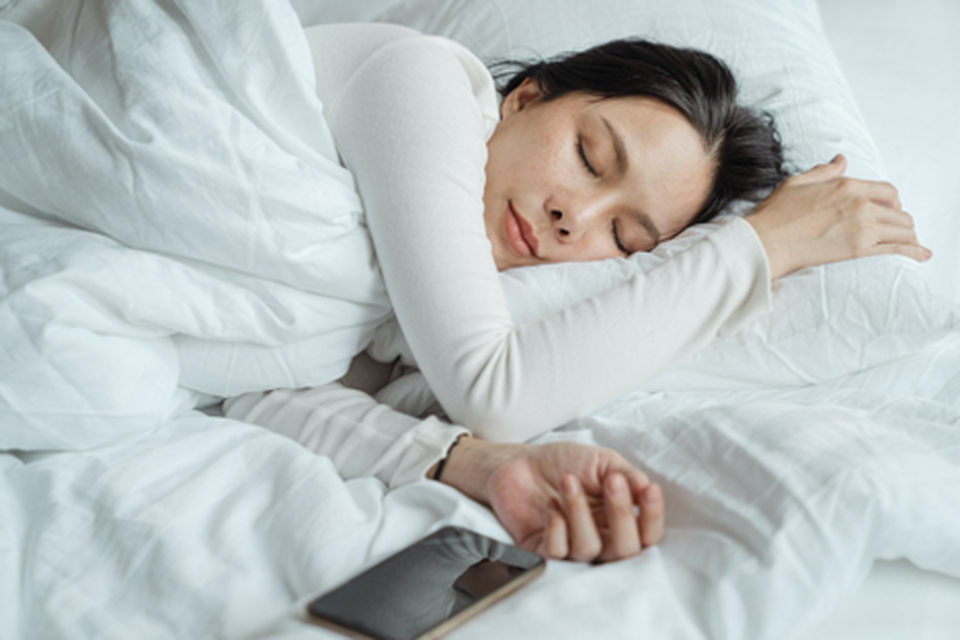Is Better Sleep the Solution to Your Health Problems?
- by Stephen Touhey
-

If your health has been less than optimal, the problem may be your sleep quality. Sleep is when you replenish both your physical body and mind. Without it, you couldn’t survive. So, is better sleep the solution to your health problems?
The link between physical health and sleep doesn’t get much attention. It’s common knowledge that your cognitive function suffers after a sleepless night, but many people don’t know the negative effects it has on your physical body. There are a lot more consequences than just feeling tired.
According to the CDC, ⅓ of Americans aren’t getting enough sleep. If you aren’t getting enough sleep, it means you aren’t getting quality sleep either.
In order for your body and mind to fully recharge, your body has to go through the 4 stages of a sleep cycle, 4-6 times. This equates to 7-9 hours of sleep. During each stage of the sleep cycle, your body performs different functions that work together to keep you physically and mentally healthy.
What are the stages of sleep?
Stages 1 and 2 are when your mind and body are slowly relaxing deeper and deeper. You lose consciousness and might twitch a little. There may be short bursts of brain activity, but for the most part your brain waves are slowing.
Stages 3 and 4 are where the magic happens - deep sleep. In stage 3 you’re the most relaxed you’ll be all night and this is the stage that allows you to have mental clarity the next day. Stage 4 is the REM stage (Rapid Eye Movement) and it’s a restorative time when you’ll also do most of your dreaming.
What health problems are caused by poor sleep?
As mentioned above, cognitive problems are common when people don’t get enough deep sleep. This includes fatigue, impaired motor function, mental health issues, and trouble thinking. Ensuring quality deep sleep will allow your mind to replenish what it needs for learning and memory too.
The darker and lesser-known health problems caused by poor sleep are due to a weak immune system. During the deep sleep stages, your body works hard to replenish what you need to be healthy. According to MedLinePlus.gov, not only does sleep deficiency leave you more susceptible to infection, but also to diabetes, heart disease, and obesity. The link between quality sleep and infection and disease is clear.
Why you might not get quality sleep
The reason you’re not getting quality sleep will vary from person to person, but there are some reasons that are common. These include work or social evening activities, a poor environment for sleep, forgetting to turn off your electronics before bed, stress, and medical conditions.
Sleep-related medical conditions are very common. These include insomnia, sleep apnea, and restless leg syndrome. It is always advised that medical conditions be evaluated by your doctor.
Tips For Better Sleep
Luckily there are some simple healthy lifestyle changes you can make to improve the quality of your sleep and to fall asleep faster.
- Exercise - According to Johns Hopkins, researchers don’t know exactly why exercise leads to better sleep, but they do know that exercise directly improves the amount of slow wave (deep) sleep you get.
- Consistent Sleep Schedule - Going to bed at the same time every night and waking up at the same time every morning, resets your body’s natural rhythm and can lead to better quality sleep.
- Prioritize Sleep - Some people genuinely can’t help their busy schedules, but many of us have some room for improvement. Try to arrange your schedule, so you can get 7-9 hours of sleep per night. Is happy hour or binge-watching a series really more important than your health?
- Bio-Frequency Patch - These deep sleep patches by BioActivate work with your body’s natural energy to lull you into a quality deep sleep using technology based on quantum physics.
- Create A Relaxing Environment - When you’re hot, disturbed by light, or don’t feel at ease in your bedroom, it’s hard to get quality sleep. Create a sanctuary by keeping your bedroom tidy, having light blocked by thick curtains, and lowering the thermostat.
- Avoid Stimulants - Alcohol, caffeine, and nicotine might be ruining your sleep quality. Try to avoid these stimulants for a few hours (or completely) before bed so you sleep more deeply.




